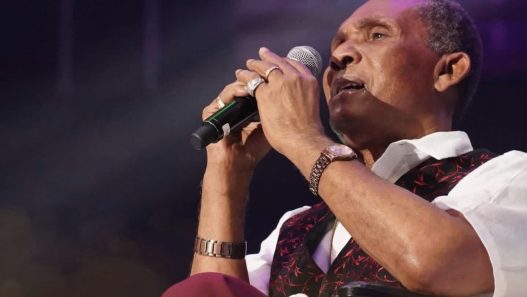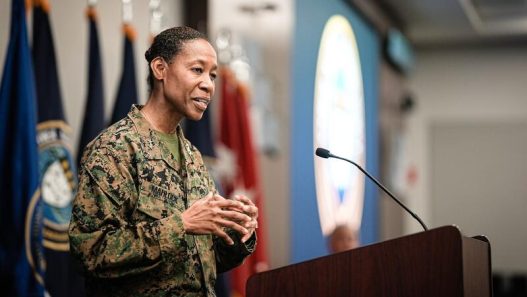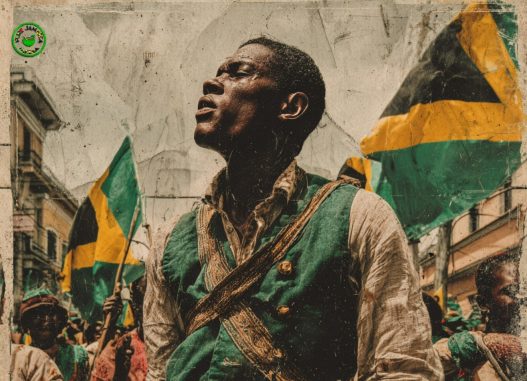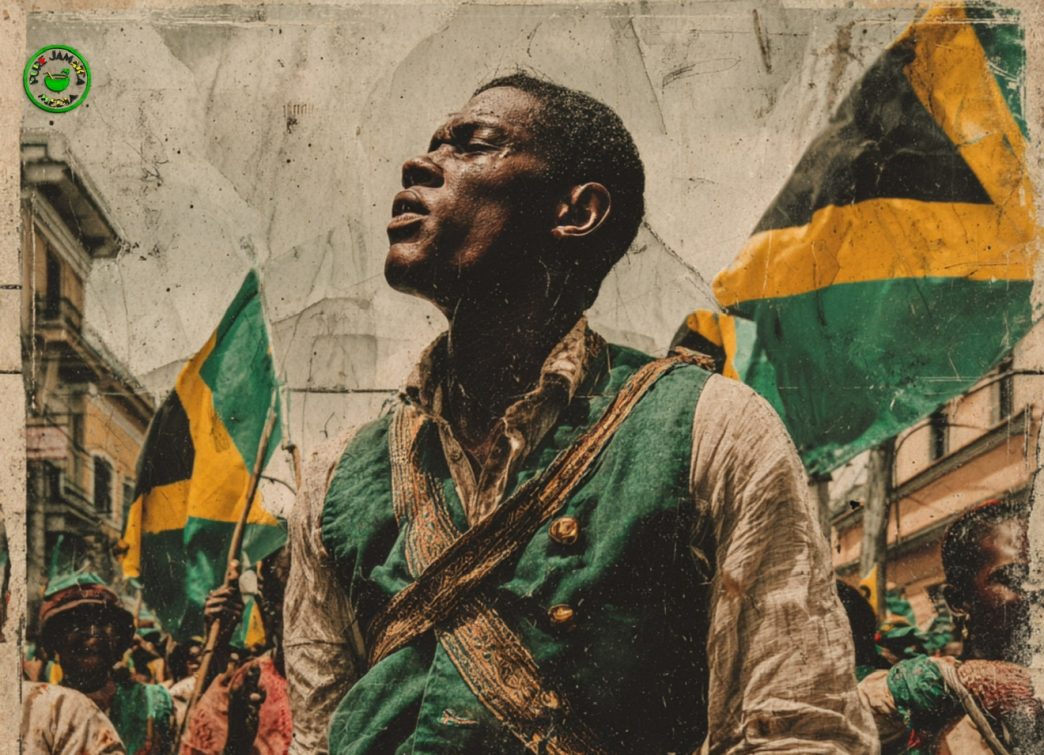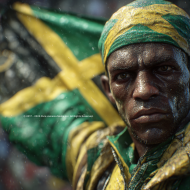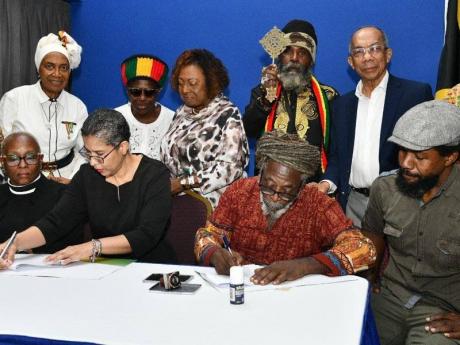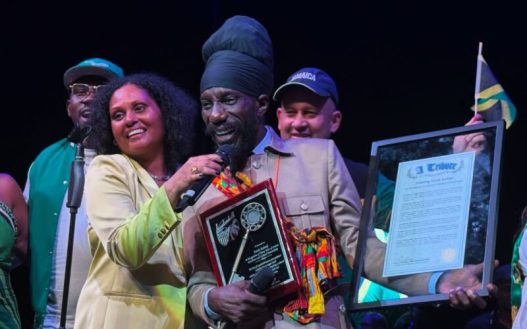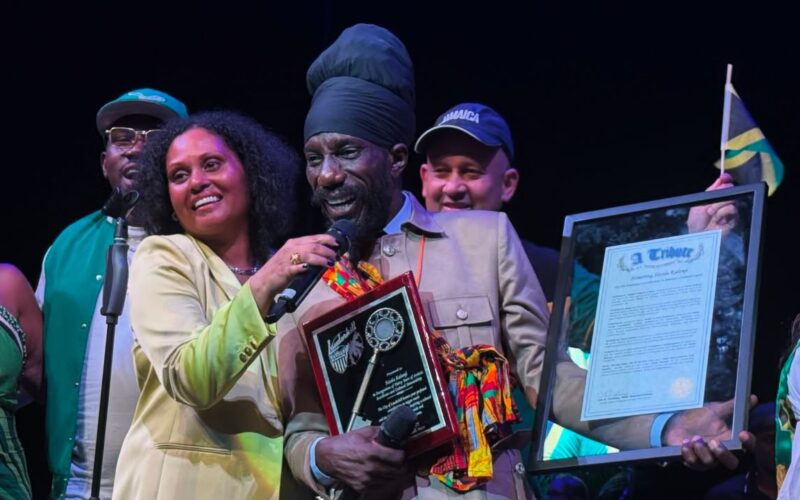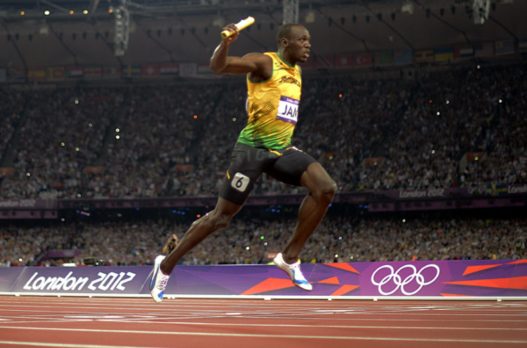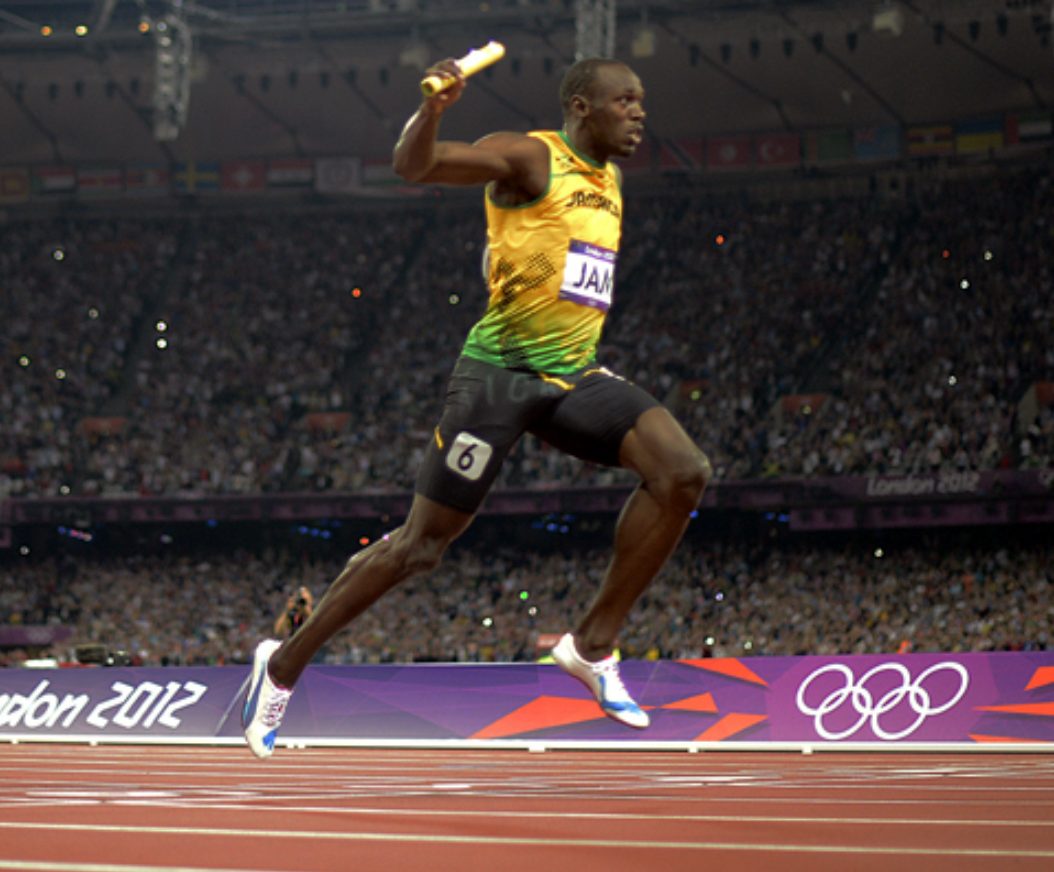Every year on August 1st, Jamaica pauses to observe Emancipation Day, a national holiday commemorating the abolition of slavery throughout the British Empire in 1834. This date is more than just a historical marker; it is deeply woven into the fabric of Jamaican culture, representing the triumph of resilience, the spirit of freedom, and the continued journey toward national identity and self-determination.
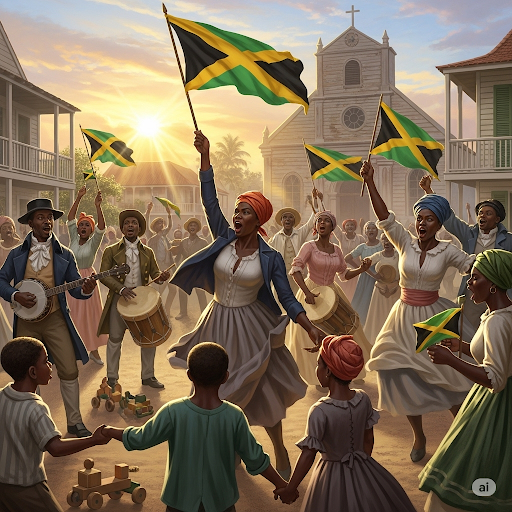
The Emancipation Act of 1834 did not immediately grant full freedom to all enslaved people. Instead, it introduced a system of “apprenticeship,” requiring formerly enslaved individuals over six years of age to continue working for their former masters for a period before becoming truly free. The journey to complete freedom finally concluded on August 1, 1838, notes Island Origins Magazine. This hard-won liberation is what Emancipation Day truly celebrates, highlighting the perseverance and strength of those who endured and resisted the brutality of slavery.
The cultural significance
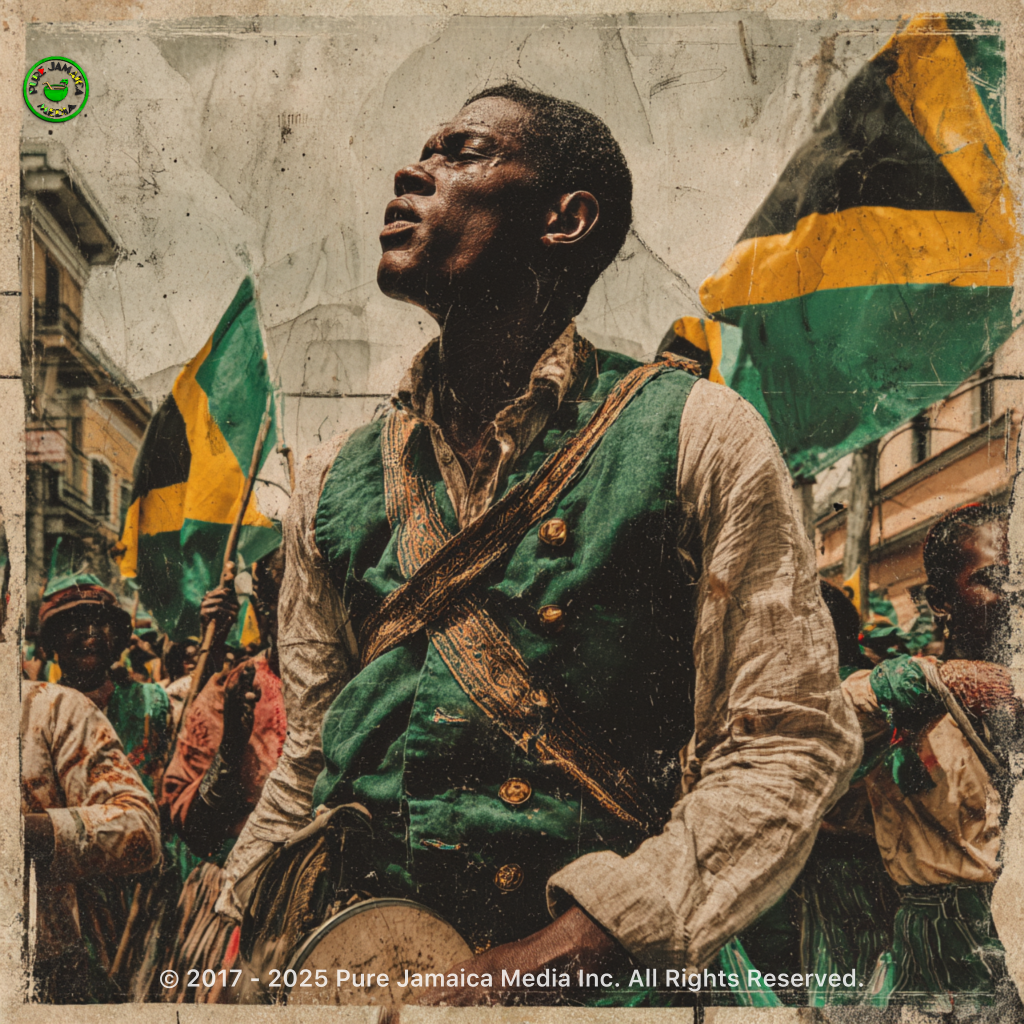
Emancipation Day holds a pivotal place in Jamaican culture for several reasons:
- Honoring Ancestors and Heritage: It is a day to remember the enslaved Africans who suffered and struggled under unimaginable conditions and to honor their resilience and determination to break free from the chains of oppression. The legacy of these ancestors is central to the formation of Jamaica’s unique cultural identity.
- Celebrating Black Liberation: Emancipation Day is a significant date for the global Black liberation struggle, representing a powerful stand against systemic injustice and celebrating the hard-won freedom of people of African descent.
- A Foundation for Independence: Emancipation Day laid the groundwork for Jamaica’s eventual independence from British colonial rule in 1962. The spirit of freedom and self-determination ignited during the fight for emancipation fueled the movement toward national sovereignty, according to Friends of Jamaica.
- Cultural Expression and Renewal: Emancipation Day and the surrounding week of celebrations, culminating in Independence Day on August 6th, offer a vibrant platform to showcase and preserve Jamaican culture. Traditional music, dance, cuisine, and other art forms are on full display, reminding Jamaicans of their rich heritage and fostering a sense of shared identity and pride.
- Community Building: From vigils on the eve of Emancipation Day to community gatherings and official ceremonies, the day strengthens the bonds within Jamaican communities, creating a sense of unity and shared purpose rooted in their historical journey.
Emancipendence
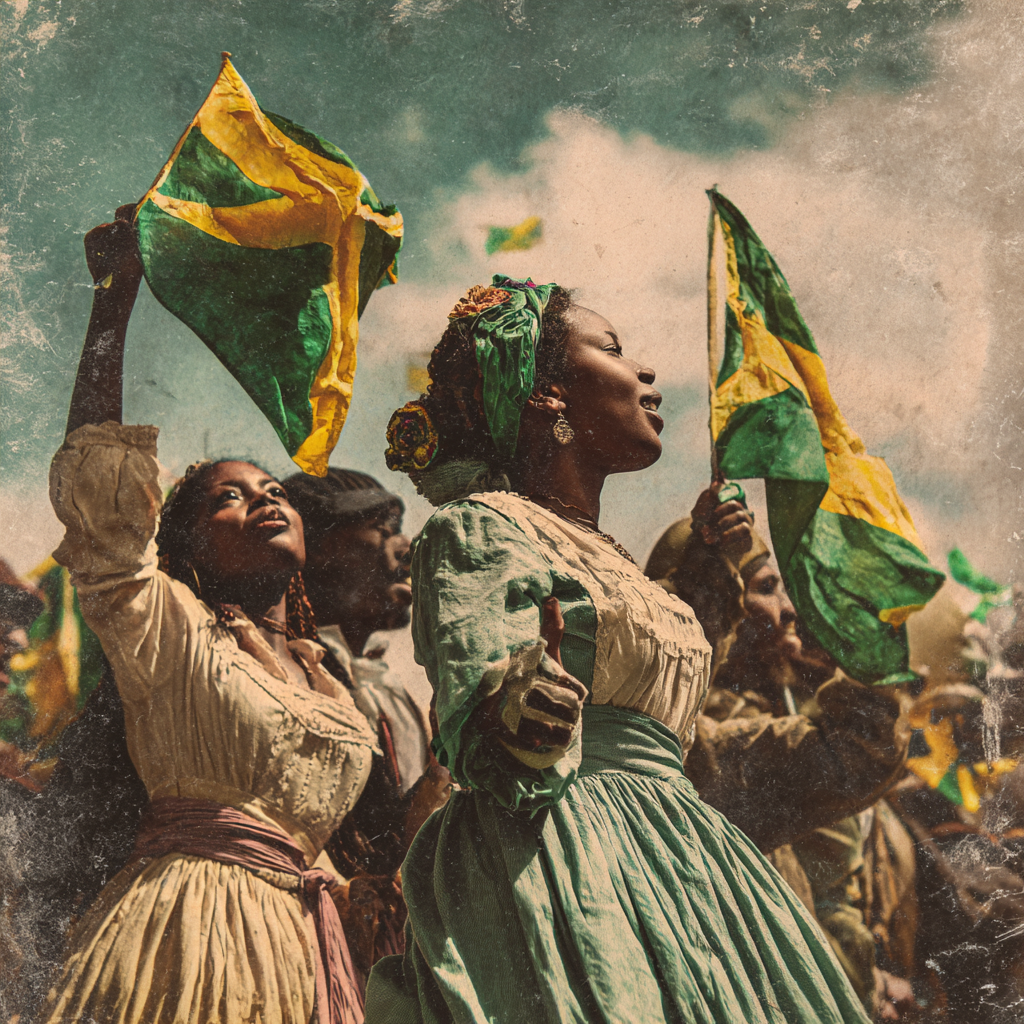
The celebration of Emancipation Day on August 1st and Independence Day on August 6th creates a powerful “Emancipendence” period in Jamaica, highlighting the interconnectedness of these two significant milestones. This period serves as a powerful reminder of Jamaica’s journey from oppression to self-governance and its enduring commitment to the values of freedom, justice, equality, and progress.

Emancipation Day: FAQs
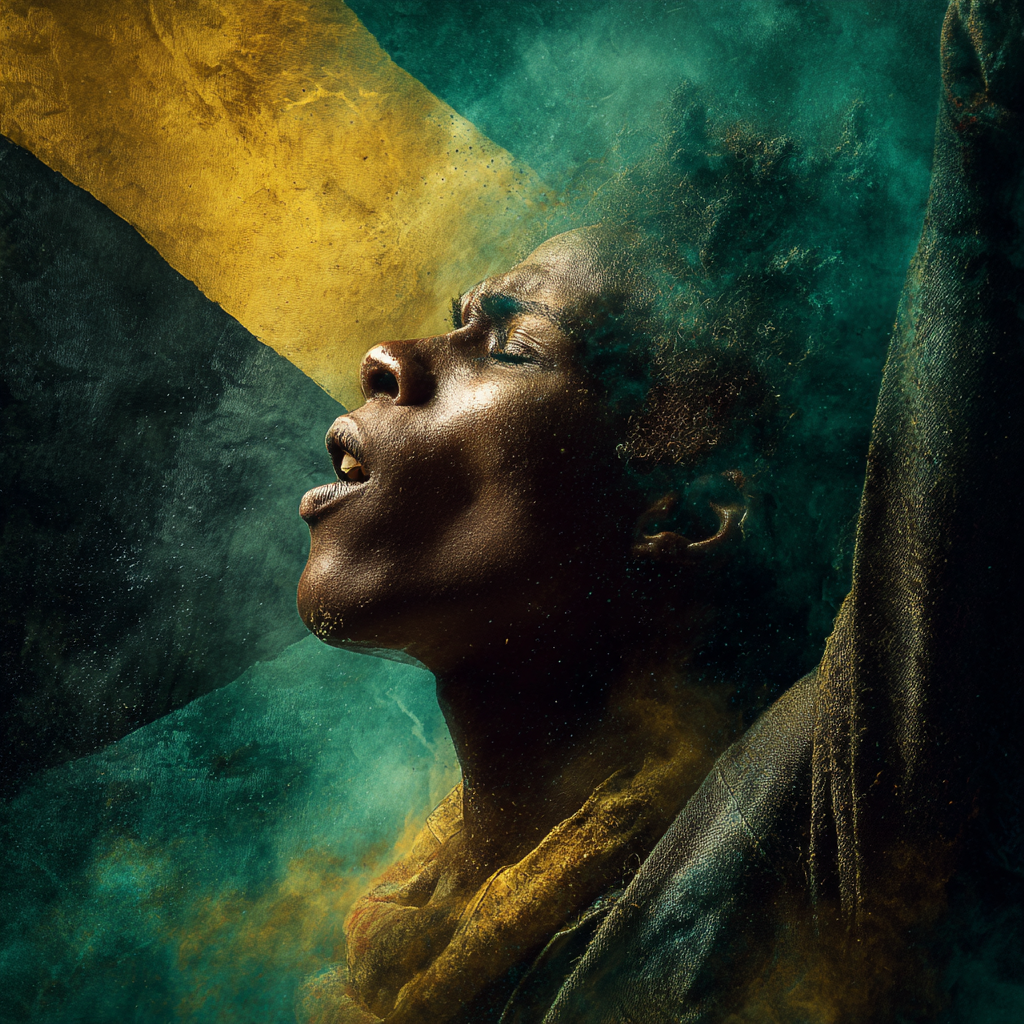
Q: What is the significance of Emancipation Day in Jamaica?
A: Emancipation Day commemorates the abolition of slavery in the British Empire in 1834, marking a pivotal moment in Jamaica’s history and celebrating the hard-won freedom and resilience of the enslaved Africans who paved the way for a brighter future.
Q: How is Emancipation Day celebrated in Jamaica?
A: Celebrations often include:
- Vigils on the night of July 31st with bell ringing and drum playing to reenact the first moments of freedom.
- Reenactments of the reading of the Emancipation Declaration, notably in Spanish Town where the original declaration was read.
- Cultural events, including music, dance, and traditional cuisine.
- Church services and thanksgiving rituals.
Q: What was the apprenticeship system?
A: The apprenticeship system was a transitional period introduced after the Emancipation Act of 1834, where formerly enslaved people above the age of six were required to continue working for their former masters for a few years before gaining full freedom, according to EBSCO.
Q: When did Jamaica gain full emancipation?
A: Full emancipation was achieved on August 1, 1838, after the apprenticeship system was abolished, states Island Origins Magazine.
Q: How does Emancipation Day connect with Jamaica’s Independence Day?
A: Emancipation Day on August 1st and Independence Day on August 6th are celebrated as a combined period of cultural and historical significance. Emancipation Day represents the abolition of slavery, laying the foundation for the eventual pursuit of national independence and self-determination.


